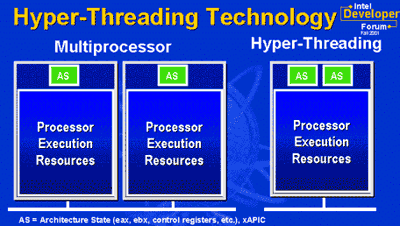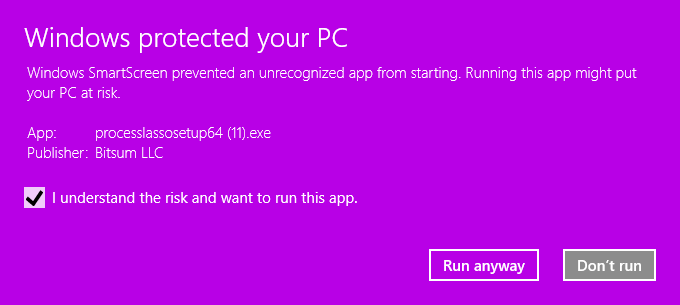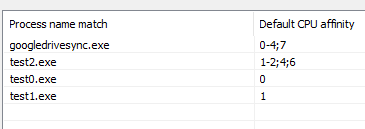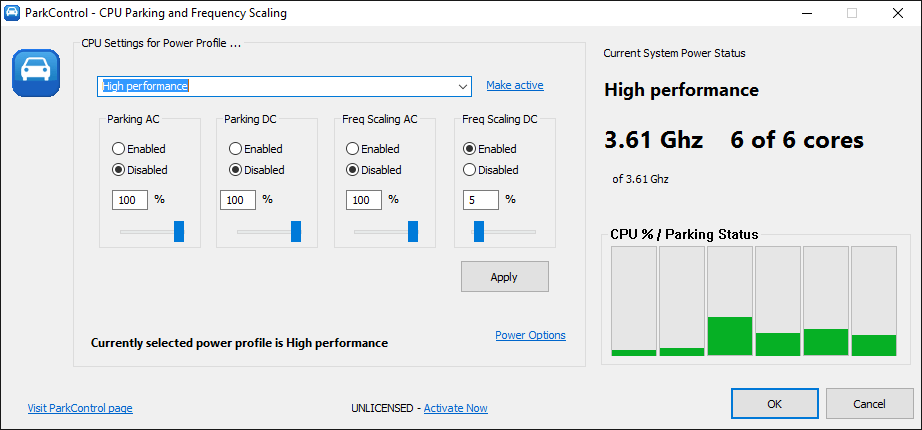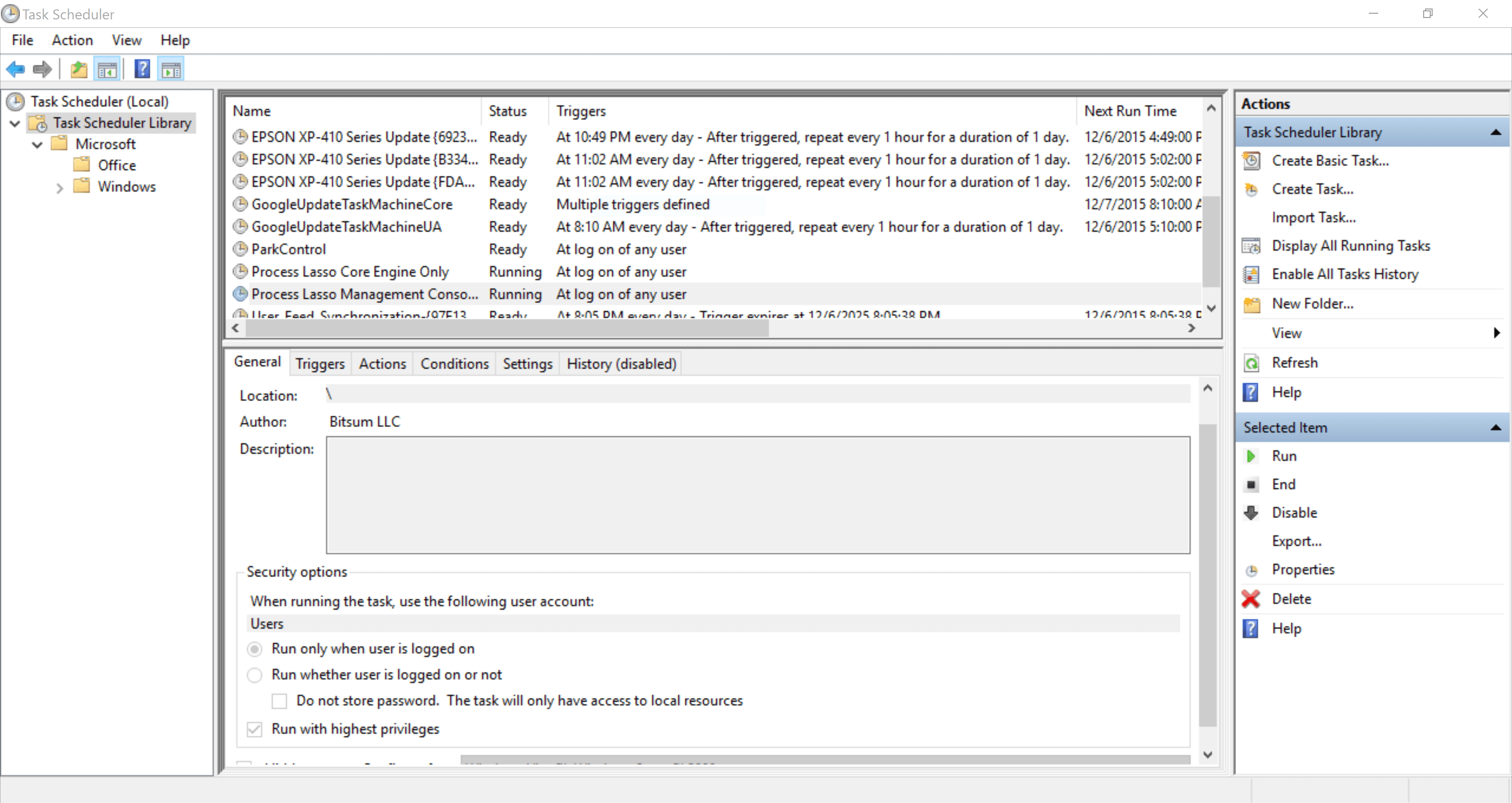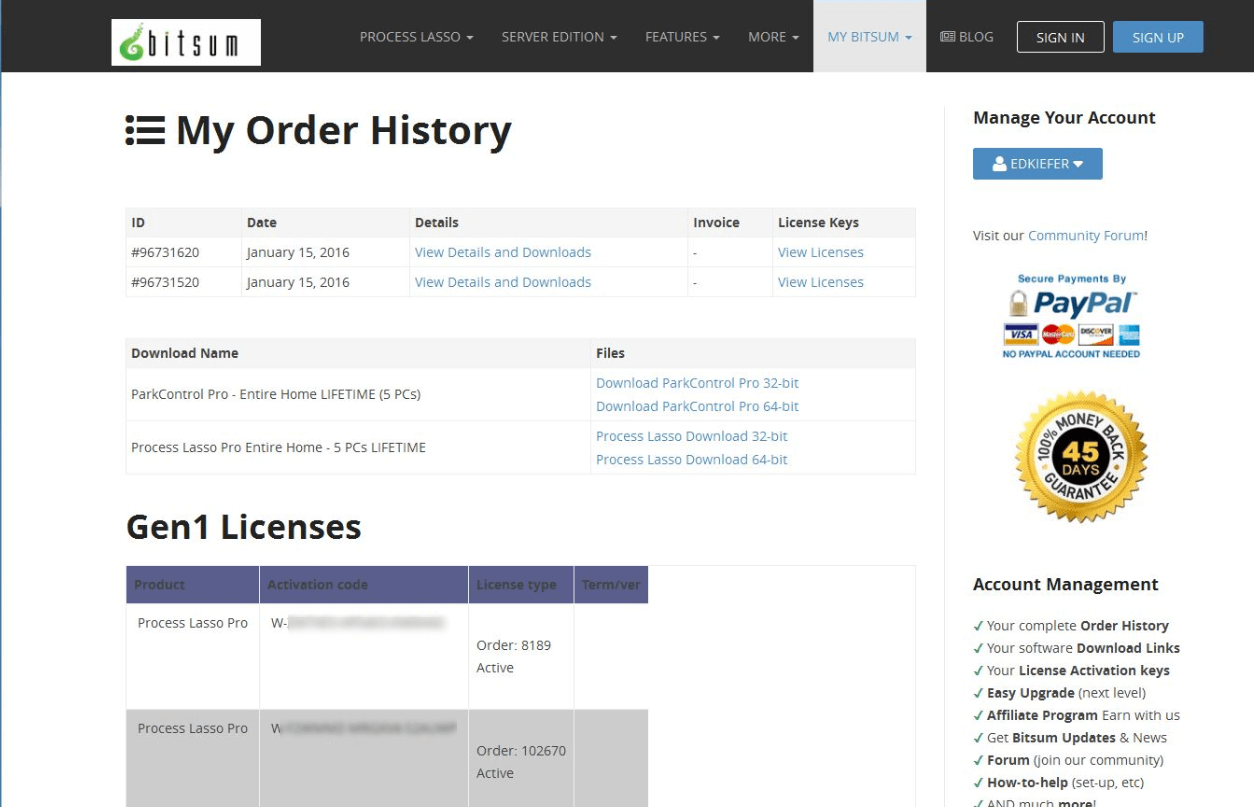
Legacy Licenses Now Listed on ‘My Licenses’ Page
We’ve now added Legacy (now called Gen1) Licenses to the My Licenses page of our new website. This means that both your legacy and new license codes (if any of either) will be listed in the same place. Since both systems will continue to function indefinitely, and they are both accessible in the same place, […]
Read more


